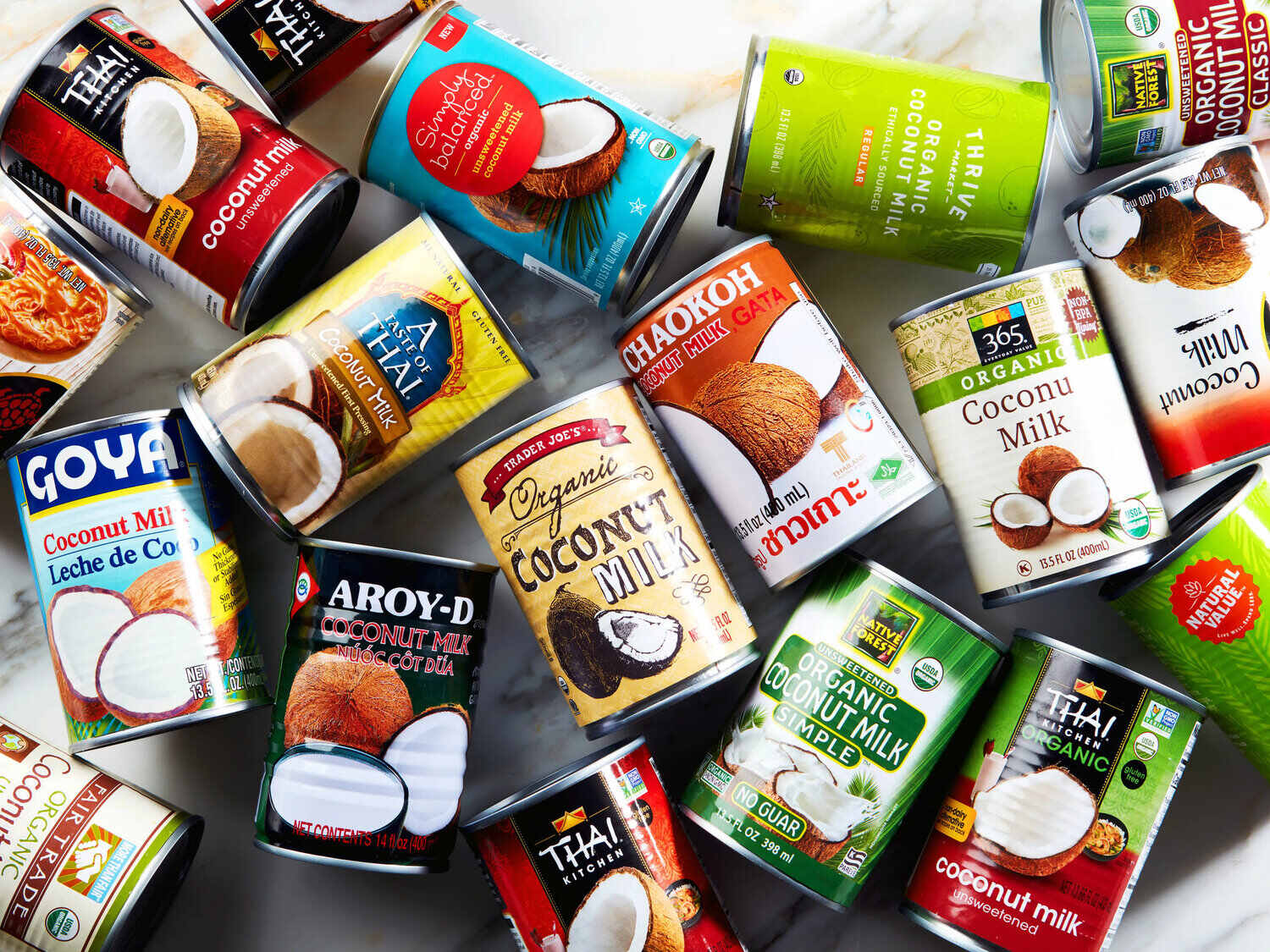

Articles
How To Store Canned Coconut Milk
Modified: February 22, 2024
Learn effective storing methods for canned coconut milk with our informative articles. Find out how to keep your coconut milk fresh and ready for use.
(Many of the links in this article redirect to a specific reviewed product. Your purchase of these products through affiliate links helps to generate commission for Storables.com, at no extra cost. Learn more)
Introduction
Canned coconut milk is a versatile ingredient used in various cuisines, from creamy curries to rich desserts. It offers a convenient and long-lasting alternative to fresh coconut milk. However, once opened, canned coconut milk needs to be stored properly to maintain its freshness and quality. In this article, we will explore the importance of storing canned coconut milk correctly, the factors to consider before storage, and the proper techniques to maximize its shelf life.
Why is it crucial to store canned coconut milk? Well, improper storage can lead to spoilage, flavor deterioration, and potential health risks. By understanding the factors that affect its storage, you can ensure that your canned coconut milk stays fresh, safe to consume, and ready to use whenever you need it.
Before we delve into the storage techniques, let’s consider a few key factors that come into play when deciding how to store your canned coconut milk.
Key Takeaways:
- Properly storing canned coconut milk is crucial to maintain its freshness, nutritional value, and taste, ensuring you always have this versatile ingredient ready for your culinary adventures.
- By following proper storage techniques, such as refrigeration and freezing, and implementing essential tips, you can maximize the shelf life of canned coconut milk, reduce waste, and have a convenient and versatile ingredient on hand whenever you need it.
Read more: How To Store Open Can Of Coconut Milk
Why Store Canned Coconut Milk?
Storing canned coconut milk properly is essential for several reasons. Here are a few compelling reasons why it is worthwhile to take the time and effort to store your canned coconut milk correctly:
- Prolong Shelf Life: By properly storing canned coconut milk, you can extend its shelf life significantly. This means you can keep it on hand for more extended periods, reducing waste and saving money in the long run.
- Nutritional Value: Canned coconut milk contains essential nutrients like vitamins, minerals, and healthy fats. By storing it properly, you can preserve its nutritional value, ensuring that you reap the full benefits when using it in your recipes.
- Convenience: Canned coconut milk is incredibly versatile and can be used in a wide range of recipes. By storing it properly, you always have this ingredient ready to go, making meal preparation more convenient and efficient.
- Taste and Flavor: Storing canned coconut milk correctly helps maintain its taste and flavor. Improper storage can cause the milk to develop off-flavors or become rancid, affecting the overall quality of your dishes.
- Economical: Buying canned coconut milk in bulk or taking advantage of sales can help save money. By storing it properly, you can ensure that you make the most of your purchase and avoid the need for frequent replacements.
Considering these benefits, it is evident that storing canned coconut milk properly is worth the effort. In the following section, we will explore the key factors to consider before storing your canned coconut milk.
Factors to Consider Before Storage
Before you proceed with storing your canned coconut milk, it is essential to consider a few factors that can affect its shelf life and quality. Taking these factors into account will help you make informed decisions about how to store your canned coconut milk effectively. Here are the key factors to consider:
- Expiry Date: Check the expiry date on the can of coconut milk. It is crucial to store the milk before its expiration date to ensure its freshness and quality.
- Condition of the Can: Inspect the can for any dents, leaks, or signs of damage. Damaged cans can compromise the quality of the coconut milk and increase the risk of spoilage.
- Storage Environment: The environment in which you store your canned coconut milk plays a significant role in preserving its freshness. Factors such as temperature, humidity, and light exposure can impact the quality and shelf life of the milk.
- Quality of the Milk: Take note of the consistency and aroma of the canned coconut milk. If it appears curdled, has an off-putting smell, or has changed in texture, it may be a sign of spoilage, and it is not safe to consume or store.
- Container Size: Consider the quantity of coconut milk you intend to use at once. If you only need a portion of the can, it is advisable to transfer the remaining milk to a smaller, airtight container for better storage.
By considering these factors, you can ensure that your canned coconut milk is in good condition and ready for storage. In the next section, we will explore the proper storage techniques for canned coconut milk.
Proper Storage Techniques
To maximize the shelf life and maintain the quality of your canned coconut milk, it is crucial to follow proper storage techniques. Here are two recommended methods for storing canned coconut milk:
Refrigeration Method:
The refrigerator method is ideal for short-term storage of opened canned coconut milk. Follow these steps to store your canned coconut milk in the refrigerator:
- Ensure the can is properly sealed. If the can is damaged or there is leftover milk, transfer it to an airtight container.
- Place the can or container in the refrigerator, away from any strong-smelling foods to prevent flavor transfer.
- Stored in the refrigerator, canned coconut milk can typically last for 4-5 days. However, it is essential to check for any signs of spoilage before using it.
Freezing Method:
The freezing method allows for longer-term storage of canned coconut milk. Here’s how to go about freezing your coconut milk:
- Transfer the canned coconut milk to an airtight, freezer-safe container, leaving some room for expansion.
- Label the container with the date to track its freshness.
- Place the container in the freezer at a temperature below 0 degrees Fahrenheit (-18 degrees Celsius).
- Frozen coconut milk can maintain its quality for up to 3 months, although it is best to use it within the first month for optimal flavor and texture.
Regardless of the method you choose, remember to thaw the coconut milk in the refrigerator when you are ready to use it. Avoid using a microwave or running it under hot water, as this can affect the quality of the milk.
Now that you know the proper storage techniques, let’s explore some essential tips to help you store canned coconut milk effectively.
Refrigeration Method
The refrigerator method is a common and convenient way to store opened canned coconut milk for a short period. By following these steps, you can ensure that your canned coconut milk stays fresh and ready to use:
- Check the can to ensure it is properly sealed. If the can is damaged or there is leftover milk, transfer it to an airtight container. Using a container with a tight-fitting lid will help prevent air and moisture from entering, preserving the milk’s quality.
- Place the can or container in the refrigerator. Ensure it is placed in a cool area away from any strong-smelling foods, as coconut milk can absorb odors easily. Storing it on a lower shelf, away from raw meat and seafood, is recommended to prevent cross-contamination.
- Refrigerated canned coconut milk can typically last for 4-5 days, but it is essential to check for any signs of spoilage before using it. Look for changes in texture, such as separation or curdling, as well as off-putting smells or abnormal colors. If you notice any of these signs, discard the milk to avoid any potential health risks.
- When you’re ready to use the refrigerated coconut milk, give it a good shake or stir to recombine any separated layers. You may also notice some thickening after refrigeration, but that is normal and can be easily remedied with thorough mixing.
It’s important to note that unopened canned coconut milk can be stored in the pantry until its expiration date. Once opened, though, it is best to follow the refrigeration method to maintain its freshness and quality.
Now that you know how to store canned coconut milk in the refrigerator, let’s explore the freezing method, which allows for longer-term storage.
Freezing Method
If you want to store your canned coconut milk for a more extended period, the freezing method is a great option. Freezing your coconut milk preserves its quality and extends its shelf life. Follow these steps to properly freeze your canned coconut milk:
- Transfer the canned coconut milk to an airtight, freezer-safe container. If there is leftover milk or the can is damaged, ensure you use a separate container with a tight-fitting lid. Leaving some room at the top of the container is important to allow for expansion as the milk freezes.
- Label the container with the date of freezing. This will help you keep track of its freshness and ensure you use it within an appropriate timeframe.
- Place the container in the freezer at a temperature below 0 degrees Fahrenheit (-18 degrees Celsius). Ensure that the container is placed in a spot where it won’t be easily disturbed, as fluctuating temperatures can affect the milk’s texture and quality.
- Frozen coconut milk can maintain its quality for up to 3 months. However, for the best taste and texture, it is recommended to use it within the first month of freezing.
When you’re ready to use the frozen coconut milk, it’s important to thaw it properly to preserve its quality. Transfer the container to the refrigerator and allow it to thaw slowly overnight or for several hours. Avoid using a microwave or running hot water over the container, as this can affect the milk’s consistency and flavor.
After thawing, give the coconut milk a good shake or stir to recombine any separated layers. It might be slightly thicker than before freezing, but this is normal, and thorough mixing will restore its smoothness.
By following these steps, you can confidently freeze your canned coconut milk and have a readily available stock of this versatile ingredient for your culinary adventures.
Now that we’ve explored the proper storage techniques, let’s move on to some essential tips for storing canned coconut milk effectively.
Tips for Storing Canned Coconut Milk
To ensure the best storage and freshness for your canned coconut milk, consider the following tips:
- Properly seal the container: Whether you store the canned coconut milk in its original can or transfer it to a different container, ensure it is tightly sealed. This will prevent air, moisture, and odors from affecting the quality of the milk.
- Label and date the containers: Keep track of the storage time by labeling and dating each container. This will help you easily identify and use the oldest cans first to ensure freshness.
- Use smaller containers: If you typically use coconut milk in smaller portions, consider transferring the leftover milk to smaller airtight containers before storing. This minimizes exposure to air, extending the freshness of the remaining milk.
- Avoid temperature fluctuations: Coconut milk is sensitive to temperature changes, so it’s best to store it in a cool and stable environment. Avoid placing it near heat sources or areas prone to temperature fluctuations, such as near the stove or oven.
- Don’t freeze in the can: Avoid freezing canned coconut milk while still in its original can. The expansion of the milk as it freezes can cause the can to burst. Always transfer the milk to a freezer-safe container before freezing.
- Thaw and use preferentially: If you have multiple containers of frozen coconut milk, use the oldest ones first. This ensures that none of the milk goes to waste and that you always have a fresh supply available.
- Monitor for signs of spoilage: Regularly check the stored milk for any signs of spoilage, such as mold, unusual smells, or changes in texture. If any of these signs are present, discard the milk to ensure safety.
By following these tips, you can maximize the shelf life of your canned coconut milk and ensure that it remains delicious and ready to use for your culinary creations.
Now that you know how to store canned coconut milk effectively, it’s essential to understand how to use it properly after storage. In the next section, we will explore the various ways to utilize your stored coconut milk.
Read more: How To Store Coconut Milk
Precautions and Common Mistakes to Avoid
When it comes to storing canned coconut milk, there are a few precautions you should keep in mind to ensure the safety and quality of the milk. Additionally, it’s important to avoid common mistakes that can compromise the freshness and taste of your stored coconut milk. Here are some precautions and common mistakes to be cautious of:
- Do not store in the can: Once a can of coconut milk has been opened, it’s best to transfer any unused portion to an airtight container. Storing it in the original can can lead to metal leaching into the milk, affecting its taste and quality.
- Avoid temperature abuse: Coconut milk is perishable and sensitive to temperature changes. Avoid leaving it at room temperature for extended periods, as this can accelerate spoilage. Always refrigerate or freeze the milk promptly after opening.
- Refrigerate promptly: If you don’t plan to use the entire can of coconut milk in one go, transfer the remaining milk to an airtight container and refrigerate it promptly. Leaving it at room temperature increases the risk of bacterial growth and spoilage.
- Properly thaw frozen coconut milk: When thawing frozen coconut milk, ensure you do so slowly in the refrigerator. Avoid using hot water or a microwave, as this can lead to uneven thawing and affect the taste and texture of the milk.
- Don’t refreeze thawed coconut milk: Once coconut milk has been thawed, it is not recommended to refreeze it. This can lead to a loss of quality and potential food safety issues.
- Regularly rotate stock: If you tend to stock up on canned coconut milk, practice proper rotation by using the oldest cans first. This helps prevent cans from sitting unused for an extended period and ensures that you always have fresh coconut milk available for use.
- Check for signs of spoilage: Regularly inspect the stored coconut milk for any signs of spoilage, such as mold, off smells, or changes in texture. If you notice any abnormalities, discard the milk to avoid any risks to your health.
By taking these precautions and avoiding common mistakes, you can maintain the safety, quality, and taste of your stored canned coconut milk. Now, let’s explore how to incorporate your stored coconut milk into various recipes.
Using Stored Coconut Milk
Stored coconut milk is a valuable ingredient that can add rich flavor and creamy texture to a wide range of dishes. Here are some ideas on how to make the most of your stored coconut milk:
In Curry Dishes:
Coconut milk is often used as a base in curry dishes, adding a luscious creaminess and subtle sweetness. Use your stored coconut milk in Thai, Indian, or Caribbean curries for a delightful flavor profile.
In Soups and Stews:
Add depth and richness to your soups and stews by incorporating coconut milk. Whether in a creamy tomato soup or a fragrant vegetable curry stew, a splash of coconut milk can elevate the dish to a whole new level.
Read more: How To Make Coconut Milk Chia Seed Pudding
In Desserts:
Coconut milk is a fantastic addition to desserts, providing a velvety texture and tropical flavor. Use it in creamy rice puddings, coconut milk-based ice creams, or vegan panna cottas for a delectable treat.
In Smoothies and Cocktails:
Whip up deliciously creamy smoothies by blending your stored coconut milk with fresh fruits and a touch of sweetener. You can also use it in cocktails like piña coladas or creamy, coconut-infused martinis for a tropical twist.
In Baked Goods:
Coconut milk can lend a delightful flavor to baked goods like cakes, muffins, and bread. Substitute your usual dairy milk with coconut milk in your favorite recipes to add a hint of tropical sweetness.
Remember to give your stored coconut milk a good stir or shake before using it to ensure that the thick and creamy part is fully incorporated. Experiment and have fun with different recipes to savor the versatility of coconut milk in your culinary creations.
Now that we have explored using stored coconut milk, let’s conclude our article.
Store canned coconut milk in a cool, dry place, away from direct sunlight. Once opened, transfer any unused portion to a sealed container and refrigerate for up to 4-5 days.
Conclusion
Storing canned coconut milk correctly is vital for maintaining its quality, freshness, and taste. By following proper storage techniques and considering important factors such as the expiration date, container condition, and storage environment, you can prolong the shelf life of your canned coconut milk and enjoy its numerous benefits.
The refrigeration method is ideal for short-term storage of opened cans, while the freezing method allows for longer-term storage. By refrigerating your coconut milk, you can keep it fresh for up to 4-5 days. Freezing, on the other hand, can extend its shelf life up to 3 months, but it’s recommended to use it within the first month for optimal flavor and texture.
Some essential tips for storing canned coconut milk include properly sealing the containers, using smaller containers for portioned storage, avoiding temperature fluctuations, and monitoring for signs of spoilage. By implementing these tips, you can maximize the freshness and quality of your coconut milk.
When it comes to using stored coconut milk, the possibilities are endless. Incorporate it into curry dishes, soups, stews, desserts, smoothies, cocktails, and baked goods to add a creamy and tropical twist to your recipes.
Remember to always check for signs of spoilage before using your stored coconut milk, and discard it if you notice any abnormalities to ensure safety.
By following these guidelines and precautions, you can make the most of your canned coconut milk, reduce waste, and have a convenient and versatile ingredient on hand whenever you need it. So, go ahead and store your canned coconut milk properly to enhance your culinary creations with its creamy goodness!
Frequently Asked Questions about How To Store Canned Coconut Milk
Was this page helpful?
At Storables.com, we guarantee accurate and reliable information. Our content, validated by Expert Board Contributors, is crafted following stringent Editorial Policies. We're committed to providing you with well-researched, expert-backed insights for all your informational needs.

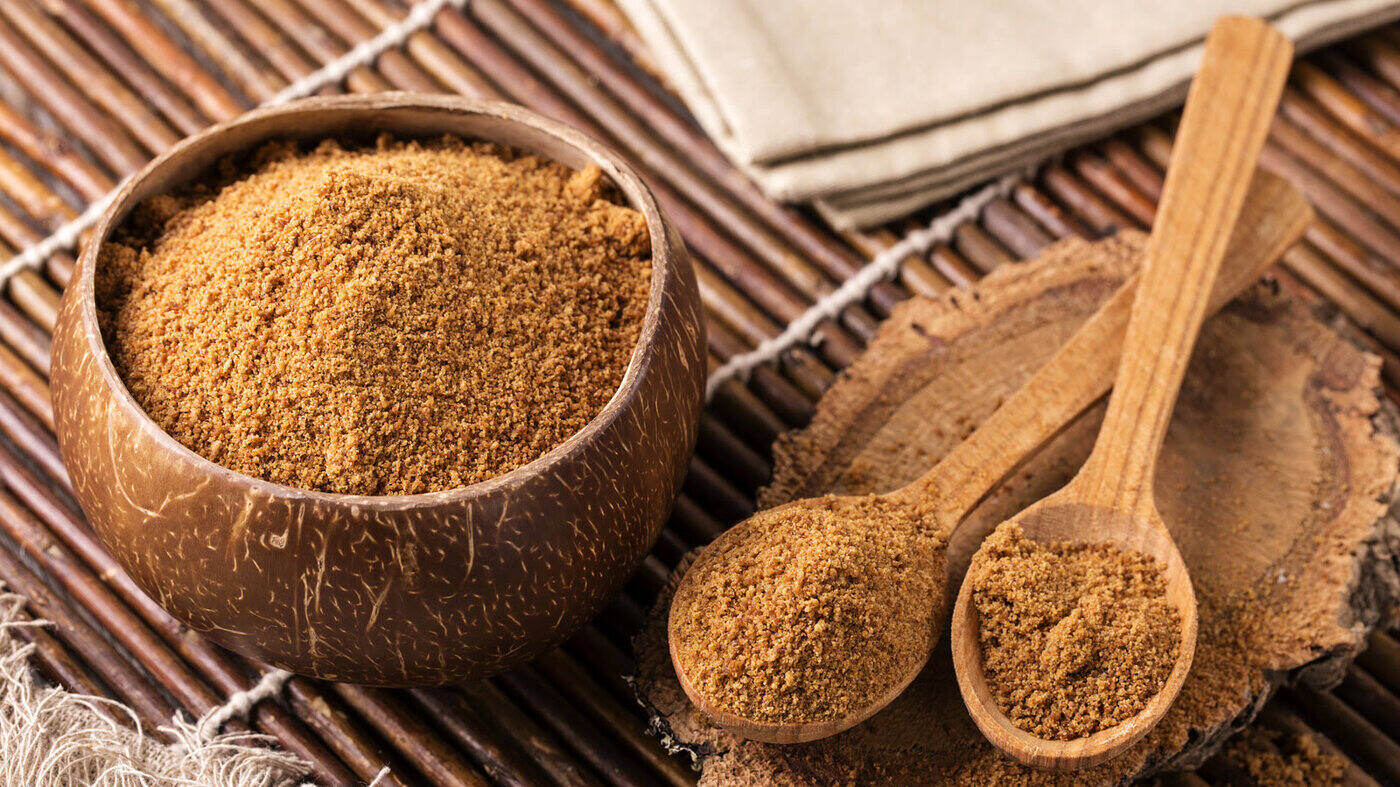
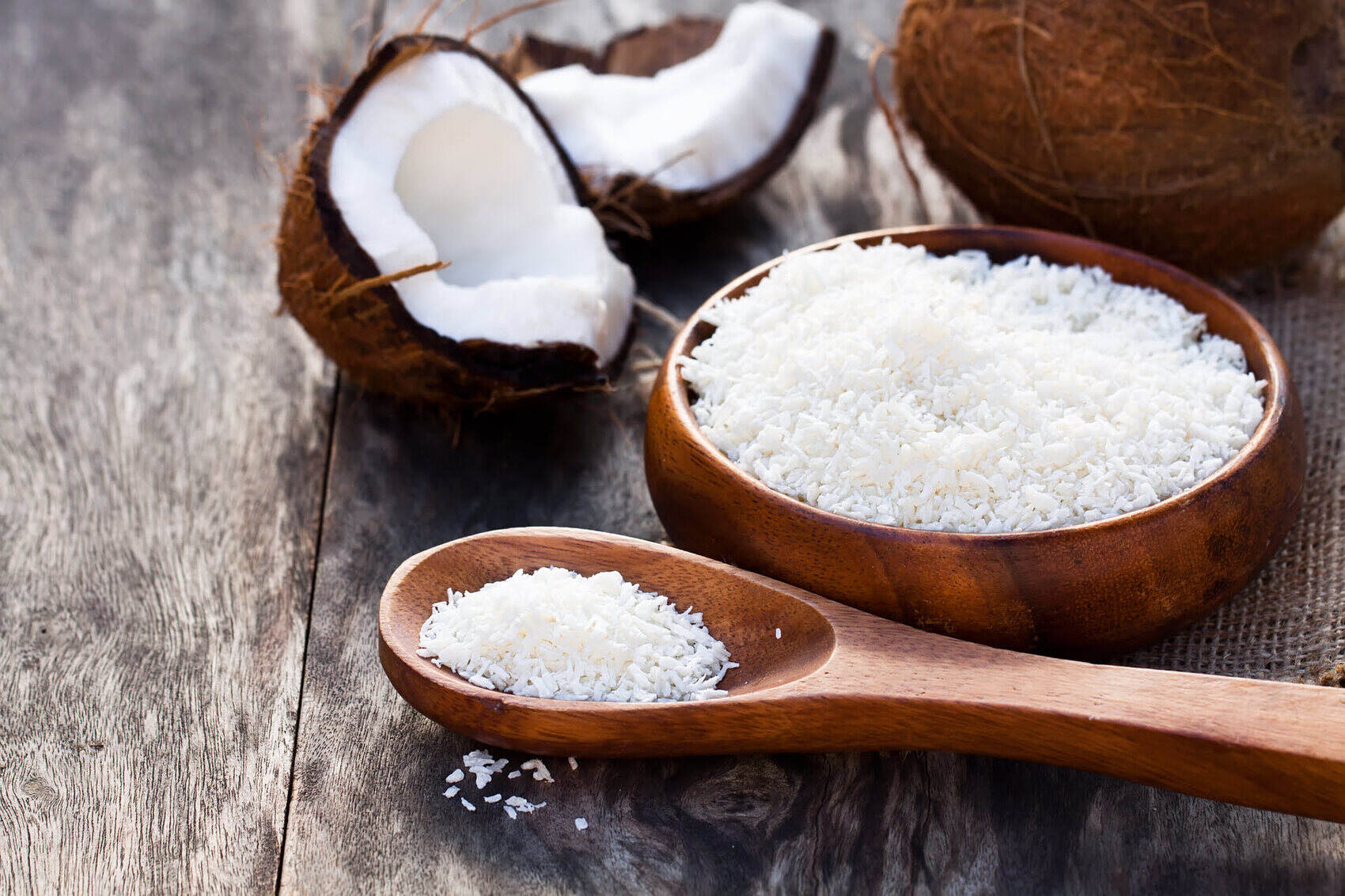
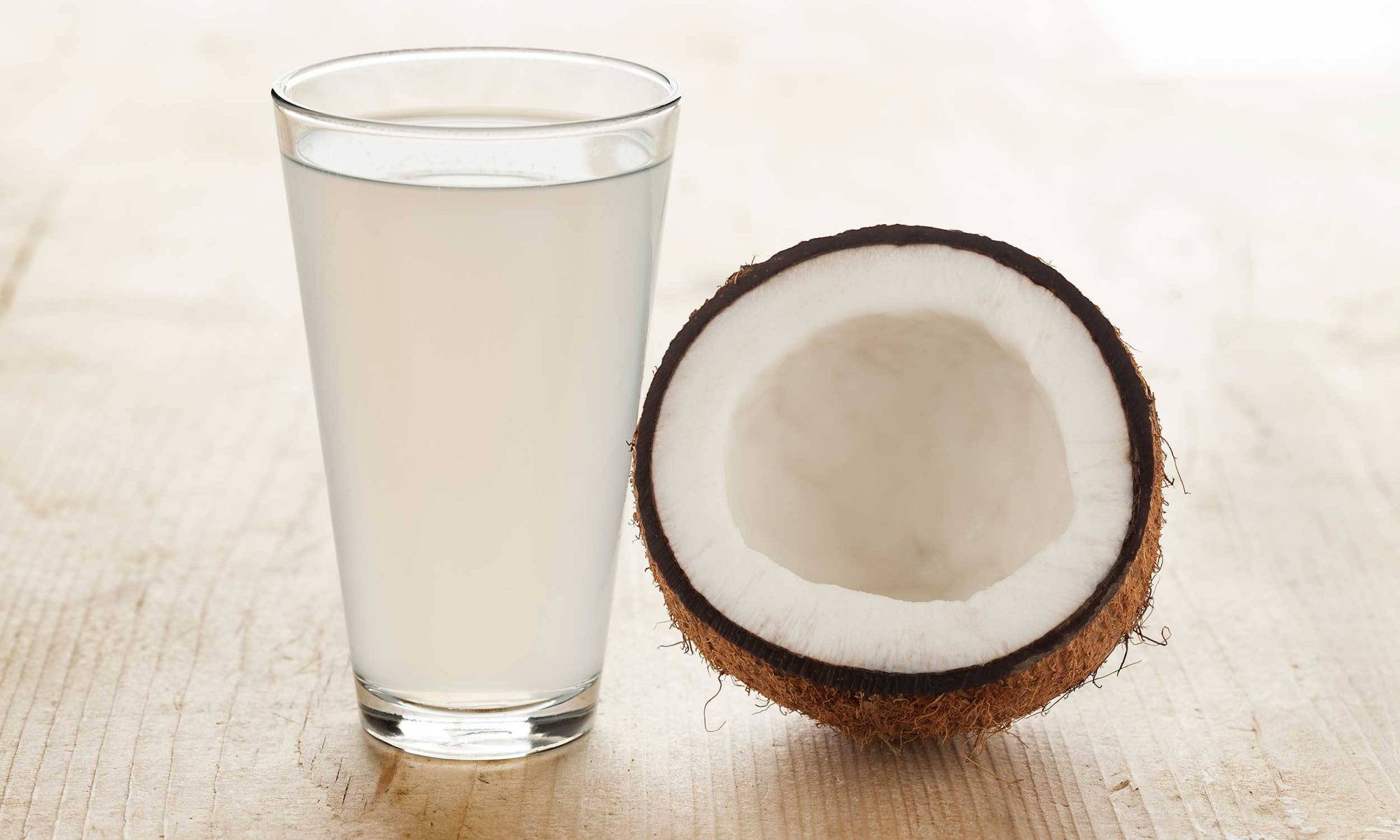
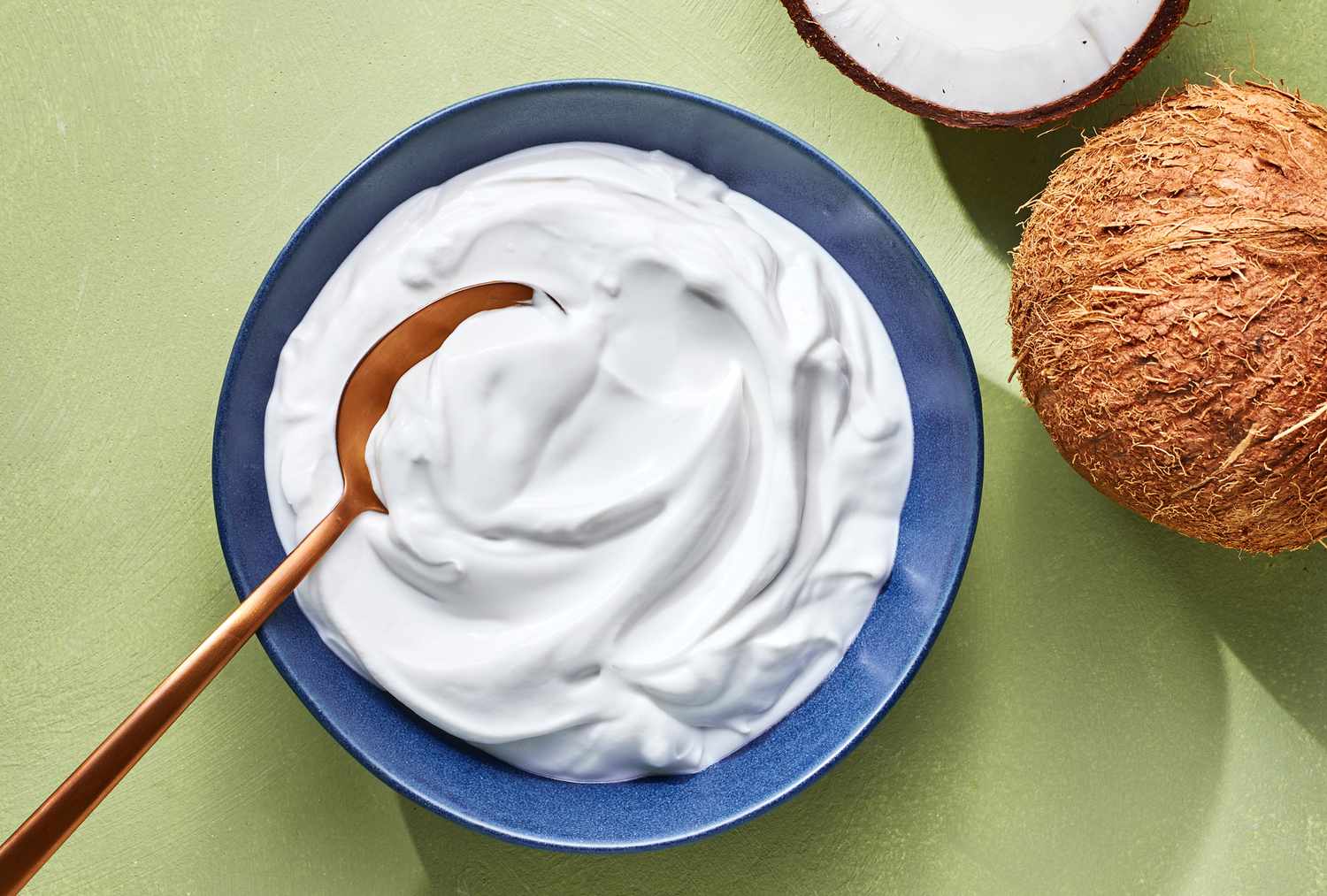
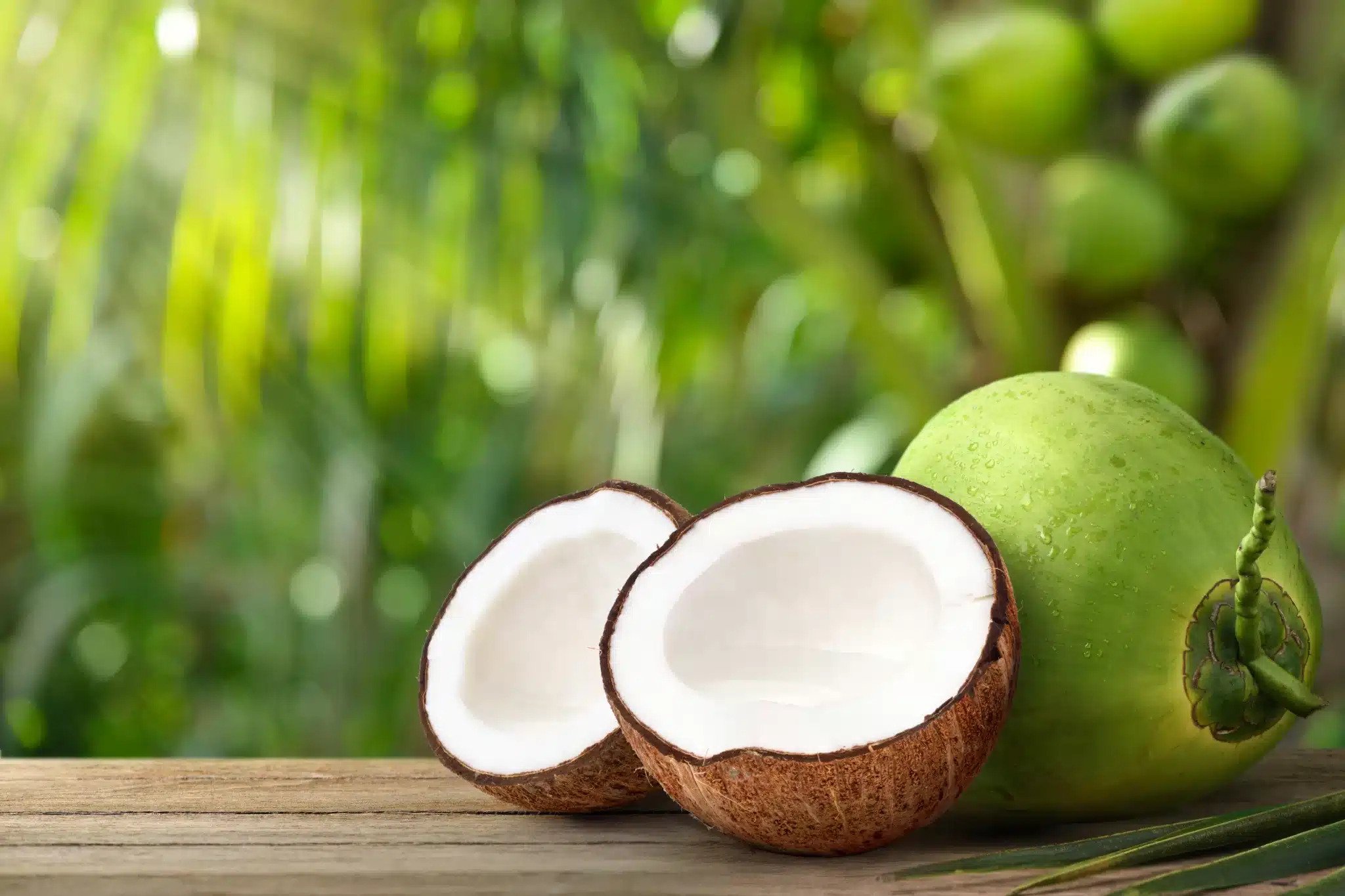
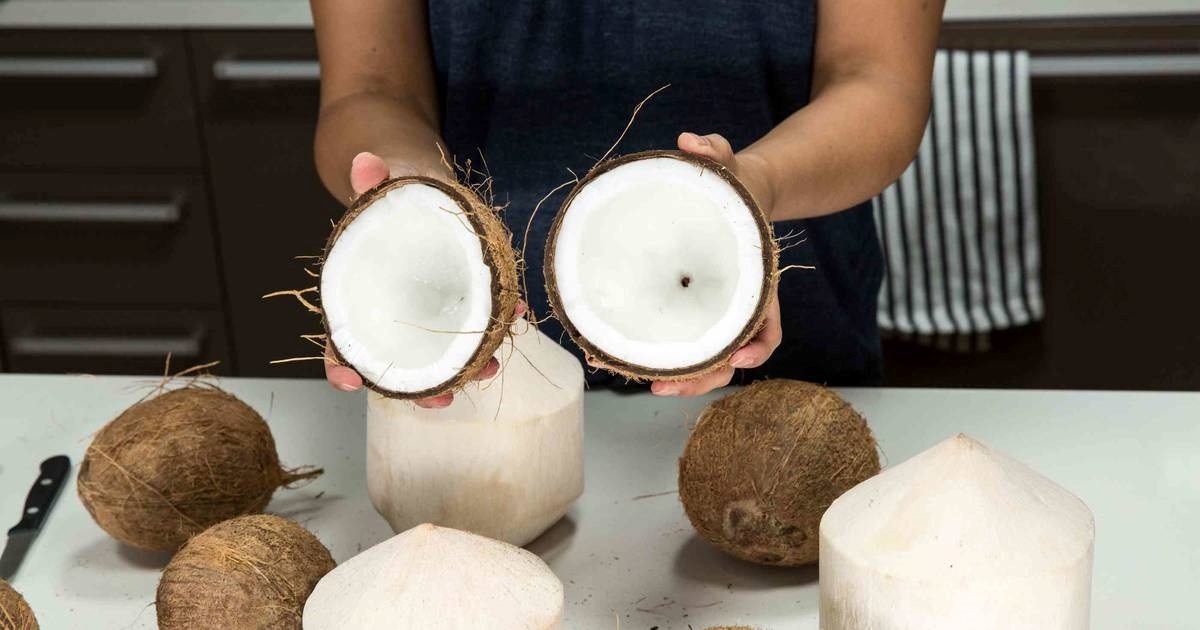
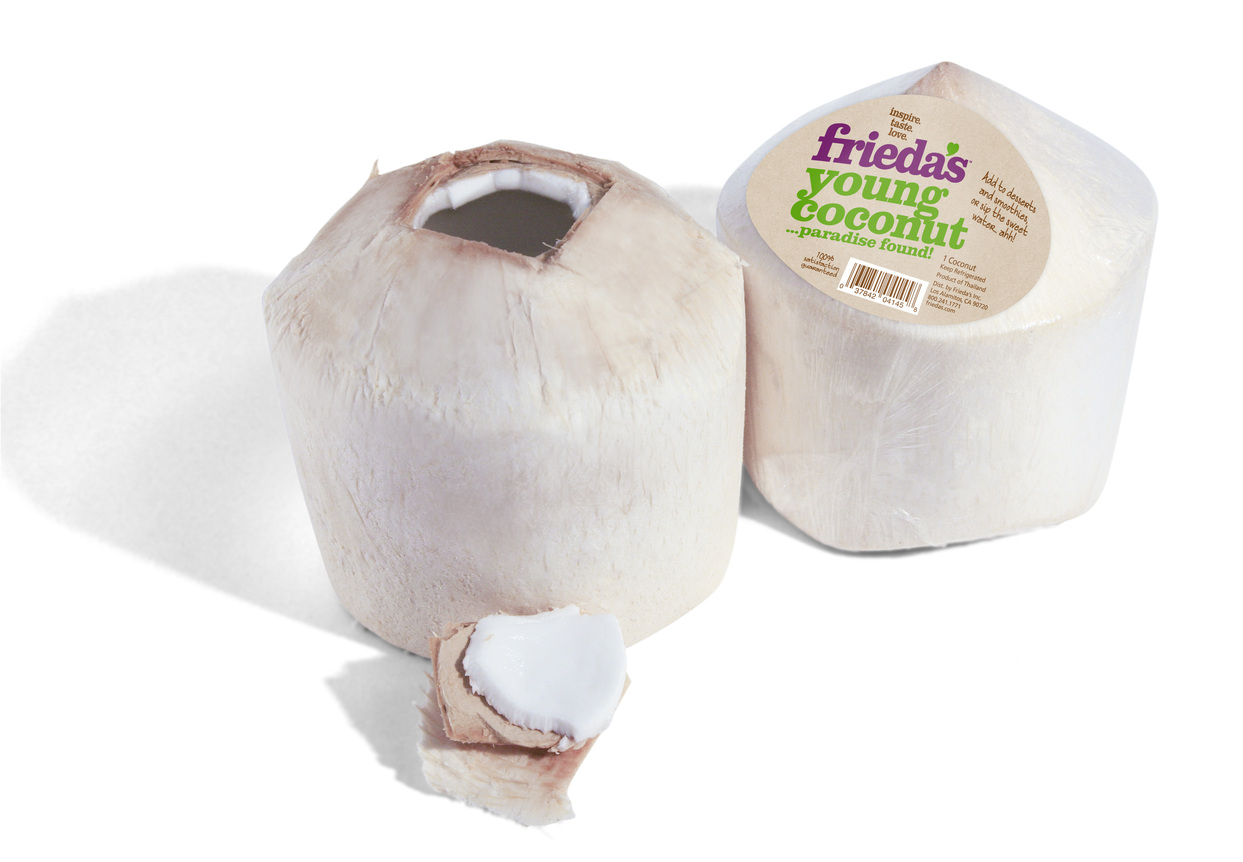
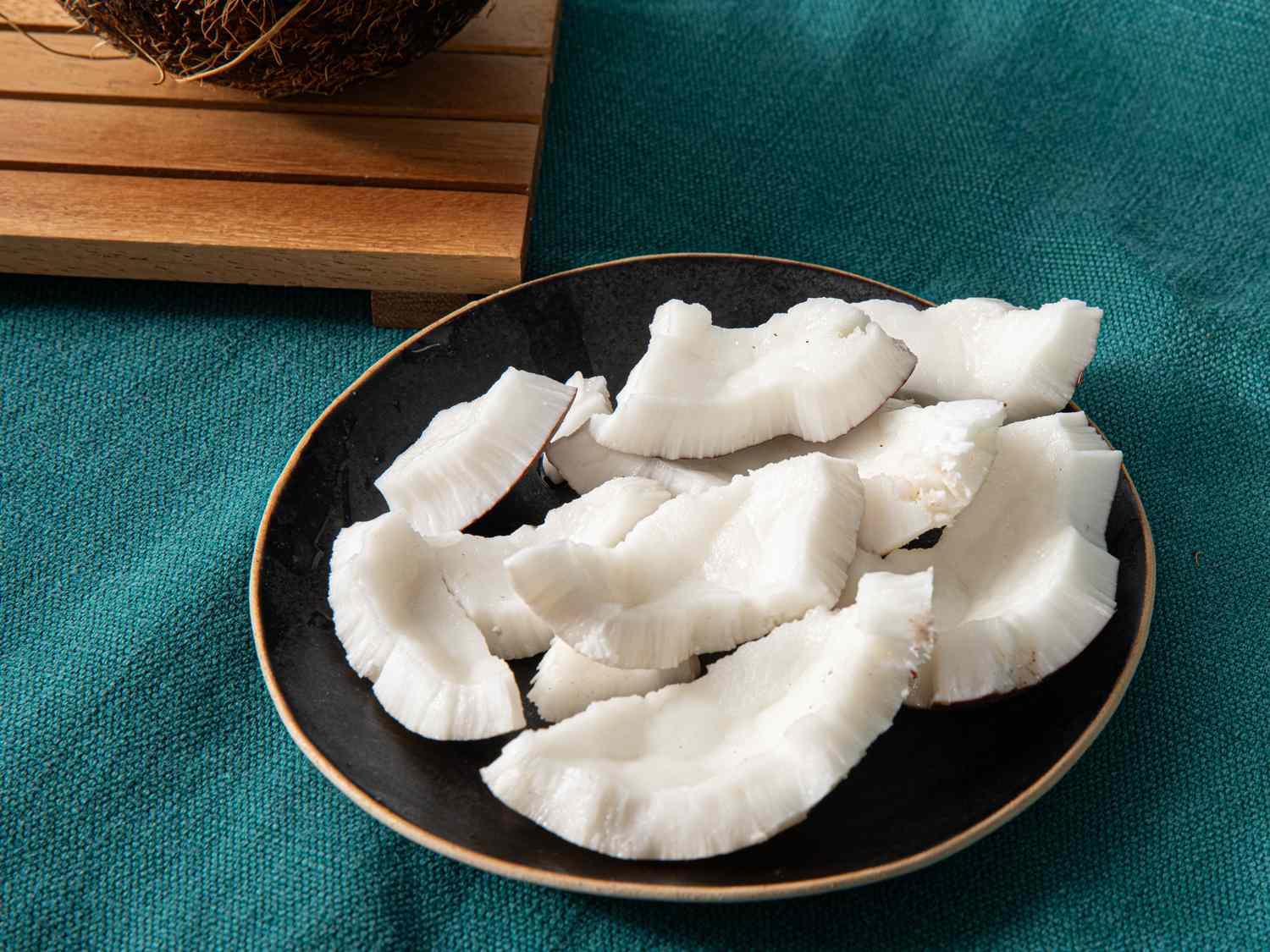
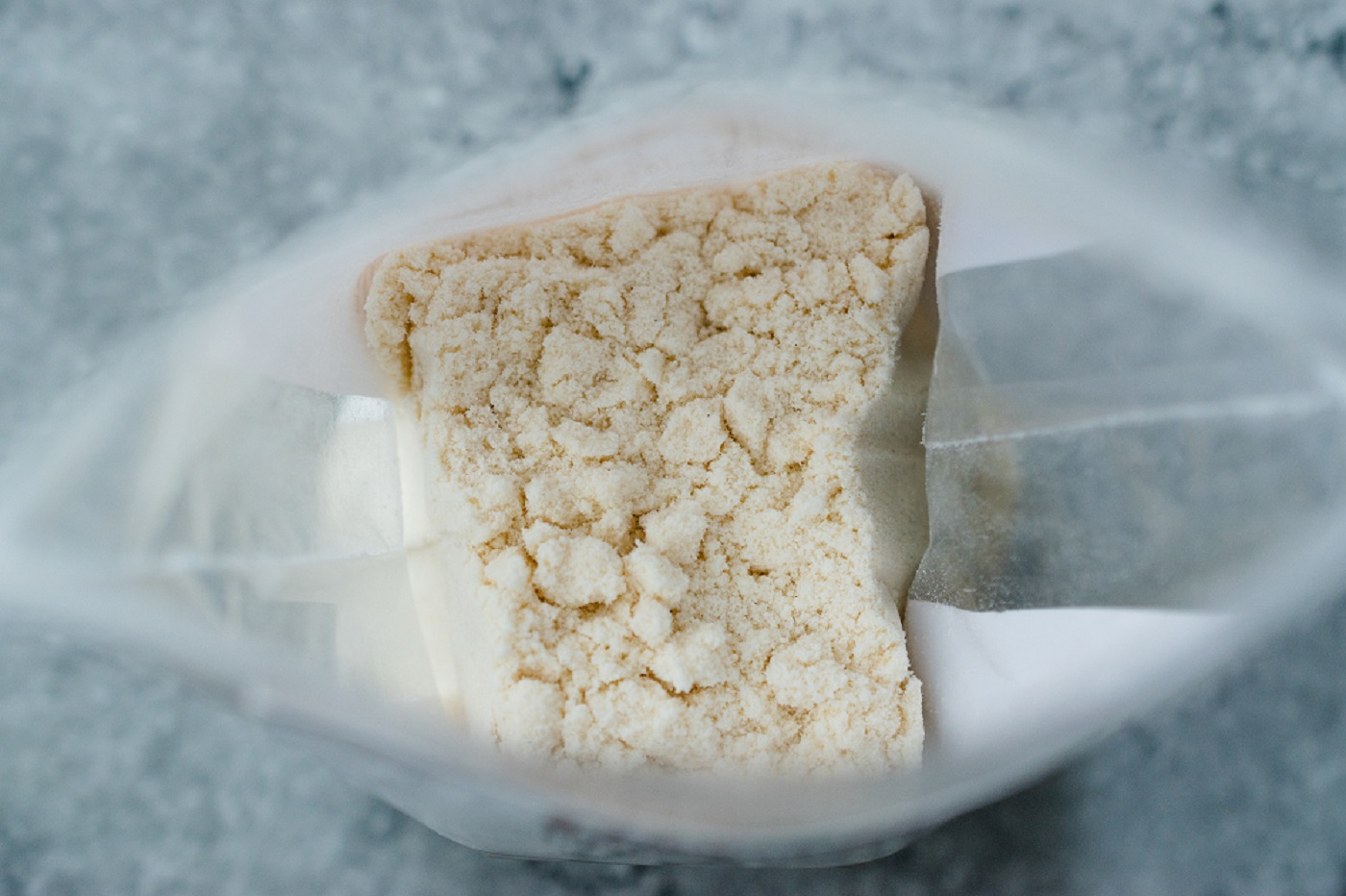

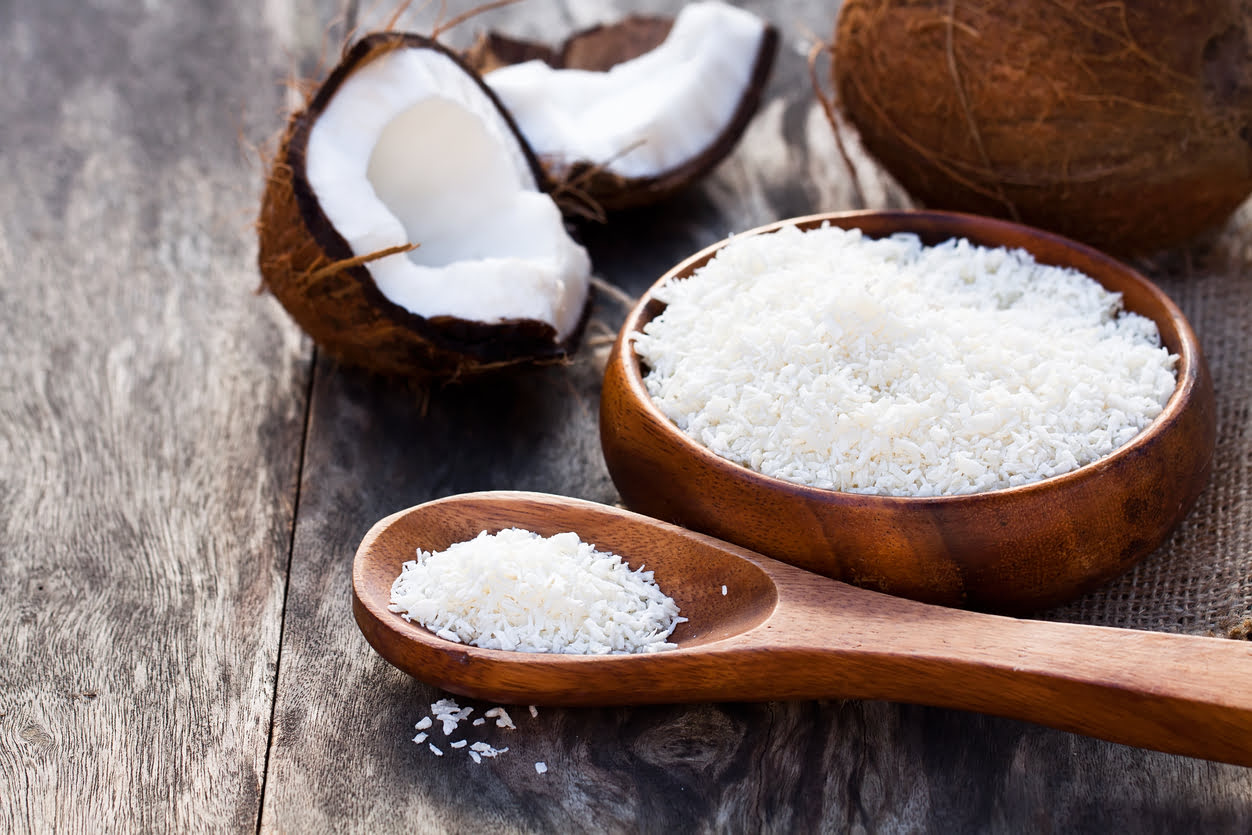

0 thoughts on “How To Store Canned Coconut Milk”